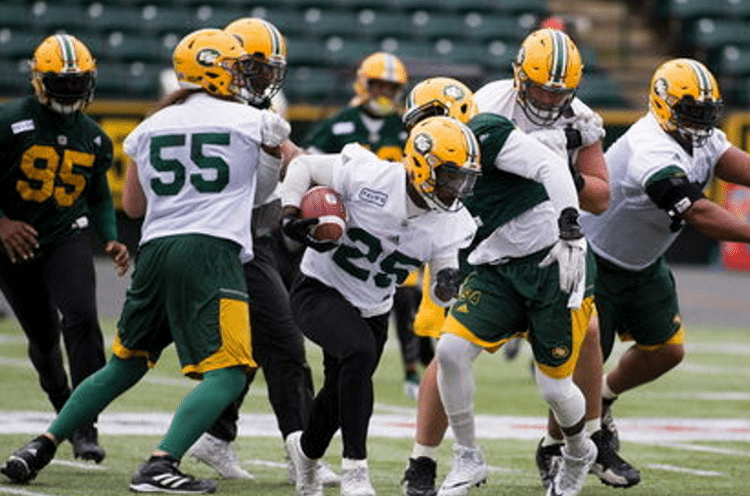Earlier this week, the Canadian Football League became the first professional football league in the world to eliminate full contact padded practices during the season. The CFL announced that effective immediately, and through the 2018 season, teams will not be allowed full contact practices.
According to the league, this will significantly reduce the number of collisions players sustain over the course of a season. The CFL points to research that has shown that there is a direct correlation between the number of collisions players experience and long-term brain trauma.
This year, full contact practices were allowed during training camp and for 17 days during the season. Now, full contact will only be permitted during training camp.
College football’s Ivy League introduced a similar ban during the 2016 season.
The move from the CFL was an initiative between the league and new commissioner Randy Ambrosie, an ex-player and the Canadian Football Players’ Association.
Ambrosie is the first ex-player to serve as CFL commissioner since the 1990s:
“Today, we stand shoulder to shoulder on the important issue of player health and safety. We have developed and agreed upon these changes in the spirit of partnership and in pursuit of a shared goal: making the game we all love safer for the elite athletes who thrill our fans with their skill and talent”
Brian Ramsay, Executive-Director of the Canadian Football League Players Association, said:
“After increasing public awareness about our members’ safety over the past 12 months, we are excited that new CFL Commissioner Randy Ambrosie and the League worked closely with the CFLPA to make these important changes. Reducing full contact in practices while adding an additional week of rest to the schedule will be an immediate benefit to our members’ welfare. And the game of football.”
Ambrosie continued:
“Ours is a tough game played at tremendous speeds and with great strength by world class athletes. I said when I was appointed Commissioner that their safety was my number one priority. I want to thank the CFLPA for working with me to introduce these changes. As a former player, I understand this issue from the players’ perspective and will continue to work with our players on matters of player safety.”

